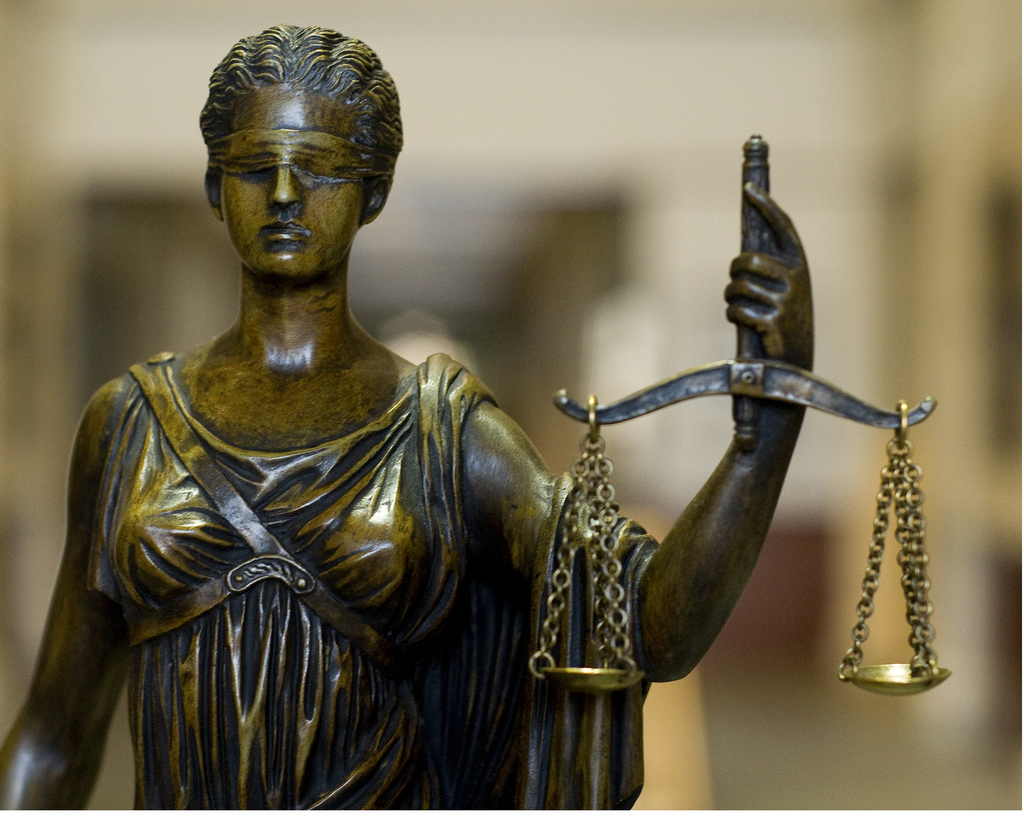As a follow-up to my recent post, Discernment and the Art of Leadership Today, here is a prayer I’ve written and used with groups seeking a way forward when the way is yet unclear:
Before our thoughts ever wandered down this path,
before we’d said “yes” to this time of discernment,
“yes” to sit down together and talk,
before we knew what was happening—
a new beginning was quietly forming,
for each of us,
for all of us,
and for You and Your divine dream for the world.
So, before we get ahead of ourselves,
before we decide anything,
before we make judgments,
and leap toward conclusions,
we pause at this new beginning
for each of us,
this new beginning for all of us,
this new beginning for You and Your dream for this neighborhood,
and the role we may each play
in its unfolding.
Holy Spirit, enfold us.
Wisdom of God, sit among us.
Word of God, whisper to us
and through us.
Mischief of God, keep us light-hearted.
Help us embrace the gift of this new day.
Help us receive the gift of this present moment.
Help us open our hearts to the wonder
of time and eternity intertwined.
Let us be grateful.
Let us be attentive,
Help us seek what has never been before
and taste in this moment Your hope for what is yet to come.
So, bless, O God, our Beloved,
the space between us.
Bless the time we share.
Bless our laughter and our yearnings,
Bless our questioning and our exploring,
that we may each discern this new beginning of Yours,
and Your promise of a new flourishing of life—
a flourishing for each of us,
a flourishing for all of us,
a flourishing for all that is wounded and broken and neglected
among us and around us,
a flourishing for Your people here and everywhere
who are the body of hope,
the healing presence
of Jesus in the world.
Amen.
chris neufeld-erdman
November 2014



